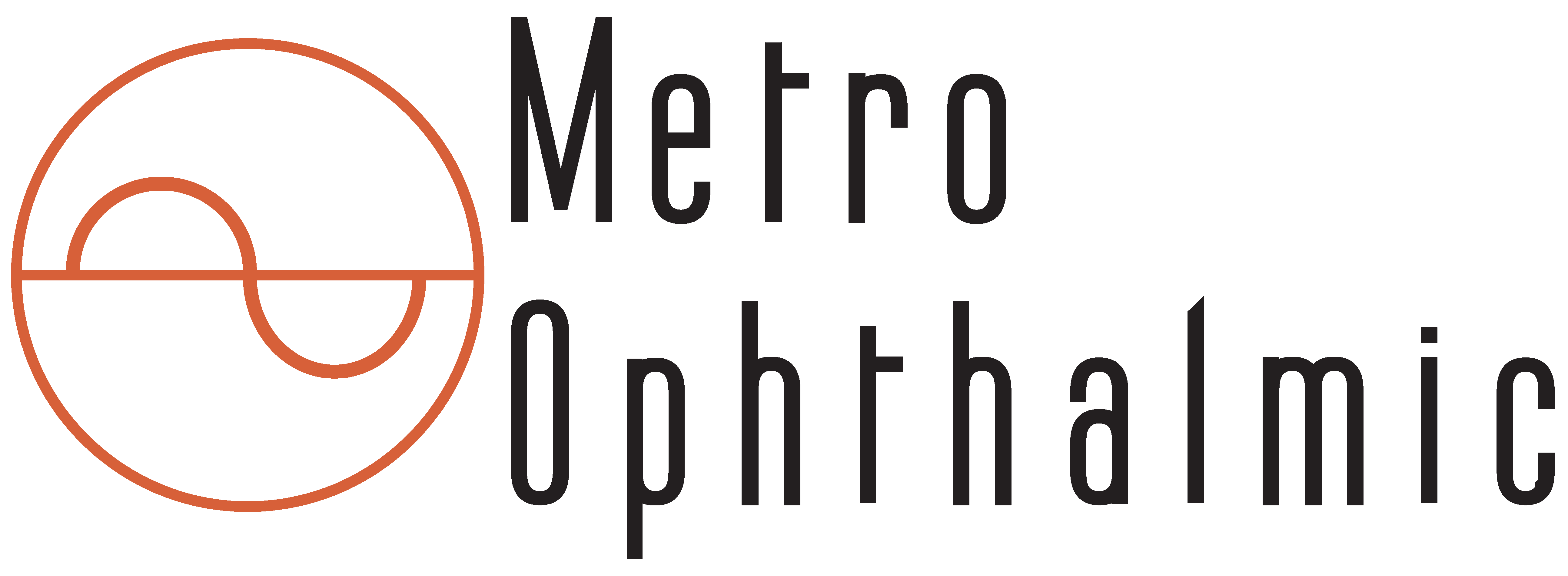
FUNDUS MODULE 300

Instant fundus imaging on a slit lamp
This innovative accessory offers all users of current Haag-Streit slit lamps access to instant documentation of the retina.

Fast and easy fundus documentation on the slit lamp
The impressive simplicity of the Fundus Module 300 allows integration of non-mydriatic retina imaging as part of the regular slit lamp examination. This can improve practice workflow and save both clinical and patient time.

Outstanding results
The image quality of the Fundus Module 300 exceeds by far the conventional possibilities on slit lamps – it even stands up to comparison with full-blown screening fundus cameras!

Efficient workflow
With the Fundus Module 300, the basic images required for clinical documentation can be acquired directly and quickly at the slit lamp thus reducing the need for specialist technicians and equipment.
Taking the Fundus Module 300 from the cradle and putting it on the slit lamp takes only a few seconds. On the slit lamp it provides two states: a working position where it captures images of the fundus and a stand-by position where it allows normal use of the slit lamp.
.png)
Simple image capturing
Simply swivel the instrument into working position and align the camera with the slit lamp cross slide. The capture and illumination control are conveniently placed in front of the joystick on the slit lamp control panel.
.png)
Intuitive software
EyeSuite Imaging is a straightforward imaging software supporting the Haag-Streit imaging solutions. Easy image capture, efficient image editing and a well-structured patient management system make the software a perfect team player for daily practice.
.png)
Flexible interfaces for easy network integration
The EyeSuite software is designed for optimal patient flow in busy practices. Supporting the Haag-Streit imaging solutions, EyeSuite makes the slit lamp fully networkable, so no proprietary third-party software is required to provide connectivity. If the slit lamp is connected to an EyeSuite server, all the images taken can be accessed remotely from any number of viewing stations connected to the same database.

